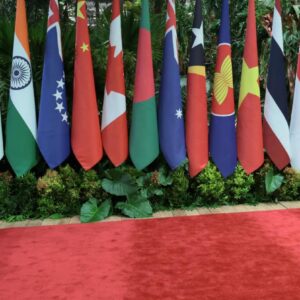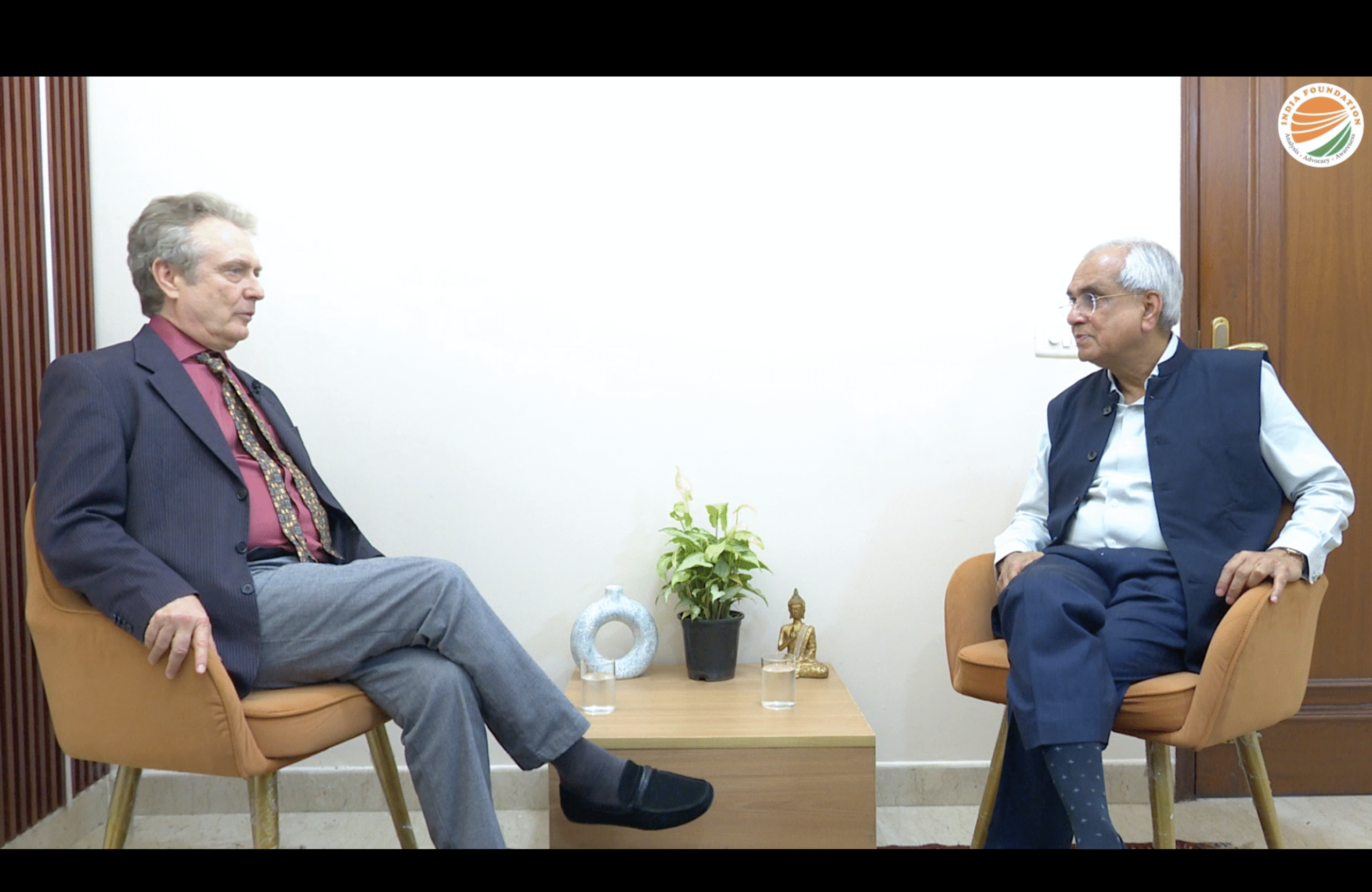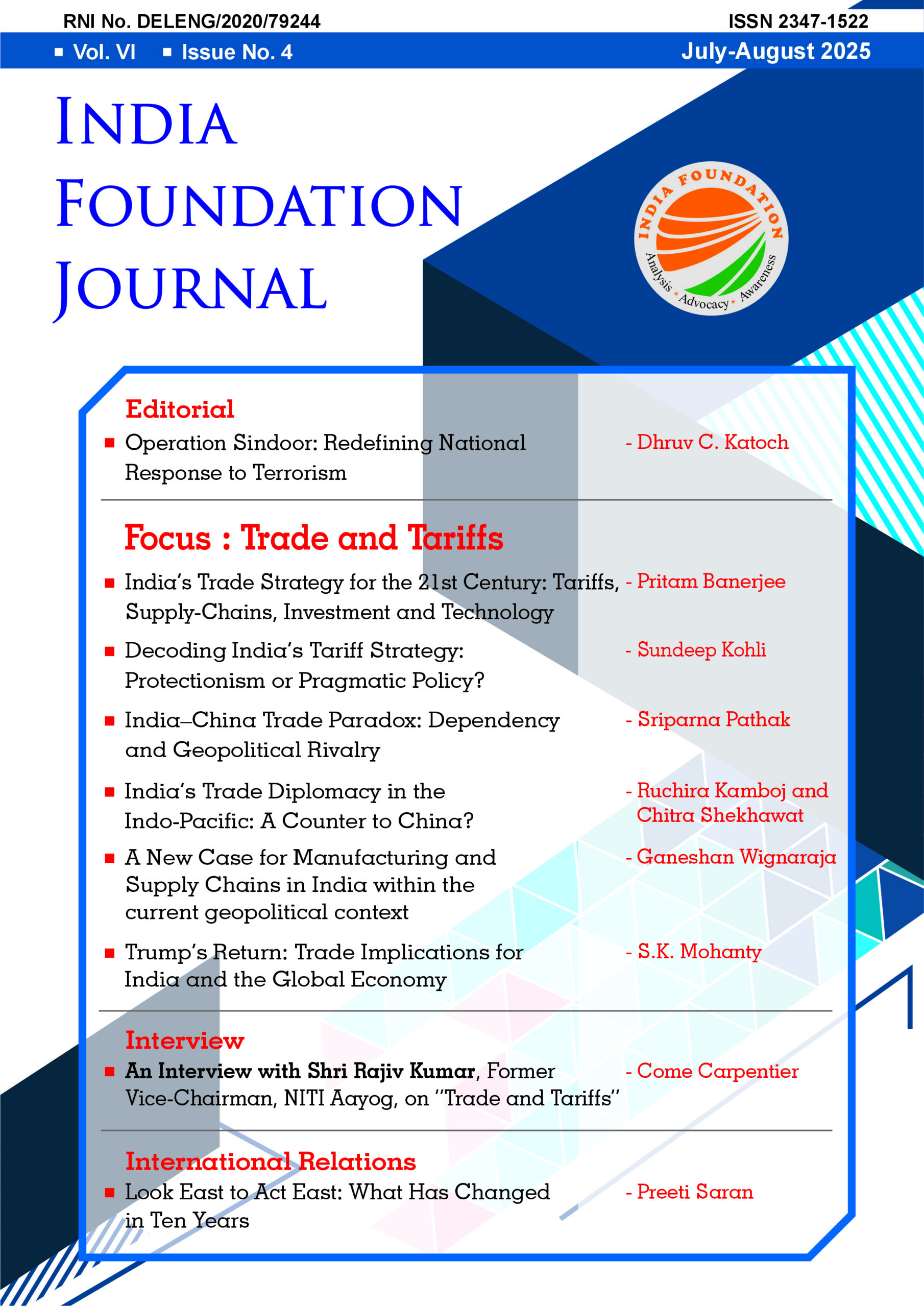Bangladesh-India relations are based on mutuality of interests and commonality of aspirations. We share universal values of freedom, democracy, fundamental human rights and rule of law. The foundation of our relations was laid by our Father of the Nation Bangabandhu Sheikh Mujibur Rahman in the early years of Bangladesh. In 1972 Bangabandhu Sheikh Mujib said, “We have a very special relationship with India. The relationship is the friendliest. Friendship of Bangladesh and India is in our hearts. The bonds of friendship will remain firm and long-lasting”. Since then the relationship has matured, taking dynamic, comprehensive and strategic shape.
Whatever we may try at the political and official levels, it is our peoples’ solidarity, our deep emotional, cultural and historic bonds on which the relationship rests and thrives. With the restoration of trust and confidence, the people-to-people exchanges have also grown exponentially. All these are the hallmarks of a new paradigm of partnership.
We have comprehensively addressed India’s security concerns. This has been a factor in trust building. We have put in place a multi-layered and effective bilateral security architecture with many dedicated joint institutional mechanisms for targeted and coordinated actions.Our journey towards peace and prosperity is put to peril by the rise of terrorism and violent extremism. Security threats from state and non-state actors tend to undermine our efforts to integrate our economies and societies. We would need more concerted efforts to strengthen protection for our societies.
Bangladesh and India have witnessed tremendous progress in almost all sectors of cooperation namely, connectivity, power, trade and commerce, health and cultural exchange. In Bangladesh, we have envisioned to become a middle income country by 2021 and a developed country by 2041. India is our partner in this path to progress.We have amicably settled Land Boundary and Maritime Boundary. Let me reiterate our deep appreciation to leaders of all political parties and members of the Lok Sabha and Rajya Sabha of India for their unanimous support for the Land Boundary Agreement. It was indeed a historic decision.We are all grateful to you for this unanimous support, which was akin to the support given by India in 1971, when all political parties in India supported Bangladesh’s Liberation War. We bled together during our Liberation War. Your soldiers and our freedom fighters both had shed their blood in 1971. Our gratitude to you all. The successful conclusion of the Land Boundary Agreement is also a historic event, and we will remember your contribution for the same.
Power sector cooperation has been another high point of the relationship. We are importing electricity from India through grid-interconnection. We are also collaborating in other sectors of energy namely,renewables such as solar, wind and hydro, offshore exploration, LNG, LPG, diesel, to name a few. We are identifying hydro-power projects in Bhutan and Nepal for joint development and import of power to Bangladesh across Indian territory.
We are extensively focusing on expansion of trade in a more open, beneficial and balanced manner by addressing the issues of trade barriers, harmonisation of standards, development of trade infrastructures, and mutual recognition of certificates. To address the trade deficit, we are also working on getting more investment from India particularly in the Special Economic Zones in Bangladesh. Already, we are seeing great interest from the biggest business houses in India.We believe connectivity holds the key to our collective and inclusive development. In our endeavour to integrate the two economies and the region, we are enhancing our connectivity in many ways leading ultimately to multi-modal connectivity. And we are being innovative enough to develop new modes of connectivity.
We strongly believe our common water resources must act as a uniting force. A comprehensive, basin-wide solution with an in-built solution to water sharing of all the common rivers holds the key to our common future. On Teesta issue, Prime Minister Modi once again reiterated his government’s strong resolve to conclude the water sharing treaty at the soonest. Once it happens, the face of Indo-Bangladesh relations would undergo another transformation.But I don’t know what Didi (Chief Minister of West Bengal)will do, though the Indian Prime Minister has assured me that he will take care of it.
The people of Bangladesh fought at the clarion call of our Father of the Nation Bangabandhu Sheikh Mujibur Rahman. The people of India and its government supported us wholeheartedly during the War of Liberation in 1971. In the Liberation War, 3 million people were killed and over 2 lakh women were violated. However, the history of atrocities by Pakistani occupation forces is being suppressed and distorted. Bangladesh parliament recently adopted a unanimous resolution declaring March 25 as ‘Genocide day’. We cannot forget the history or the historical event—we can forgive but we cannot forget. Which is why we want this Genocide to be recognised by the international community. Prime Minister Modi has made a commitment to remain with us in our efforts. Our future generations should know our real history and understand what happened during those traumatic times.
In 1975 when I lost my family, my younger sister and myself were in Germany. I lost my mother, father, my 3 brothers (the younger brother was only 10 years old), my 2 newly wedded sisters-in-law, my uncle and other relatives. They attacked my house and killed 18 people. My sister and myself, at that time, were left homeless, country-less and we became refugees. But at that time Mrs. Indira Gandhi immediately sent a message and asked us to come to India. During my stay in India, I met leaders from all parties and everybody was very kind, friendly and supportive. I am not sure what we would have done without that support, which at that time was really very very important for both of us. So, our gratitude to India and its people for their help in our hour of need.
When I finally returned home, it was a very difficult period. The Indian peopleare lucky because they have had and continue to enjoy a continuous democratic system. But in our country things were totally different. Time and again we faced different challenges, sometimes military dictators, martial law, emergencies and others. But we are fighting to restore democracy because we believe that without democracy we cannot make any progress. Only a stable, democratic system can give Bangladesh a good chance to progress.
When my father liberated Bangladesh, he had a dream. He wanted to establish Bangladesh as a poverty free country. After 21 years, when I became Prime Minister, I took it as my duty to serve my people and ensure them a better life, in the footsteps of my father. I have tried my best. I have only one aim – how to build Bangladesh into a poverty free, hunger free, prosperous country. I try to follow my fathers mission of having friendship with all. India is our neighbour and neighbours do have problems, but a friendly relationship will always give a good opportunity for problem resolution. This opportunity is not for us – leaders or politicians — but for the well being of our people. Our common enemy is poverty and we can jointly work together for its elimination. That is why I always try to create a conducive atmosphere so that we can work together and ensure for the people a better life.
So, the India-Bangladesh friendship is a very important friendship for Bangladesh which we deeply cherish. Khoda Hafez! Joi Bangla Joi Bangabandhu! May Bangladesh live forever! Long live Bangladesh-India friendship!
(This article is a summary of the address made by H.E. Smt. Sheikh Hasina, Hon’ble Prime Minister of Bangladesh at the reception hosted in her honour by India Foundation on 10th April, 2017 at New Delhi.)




